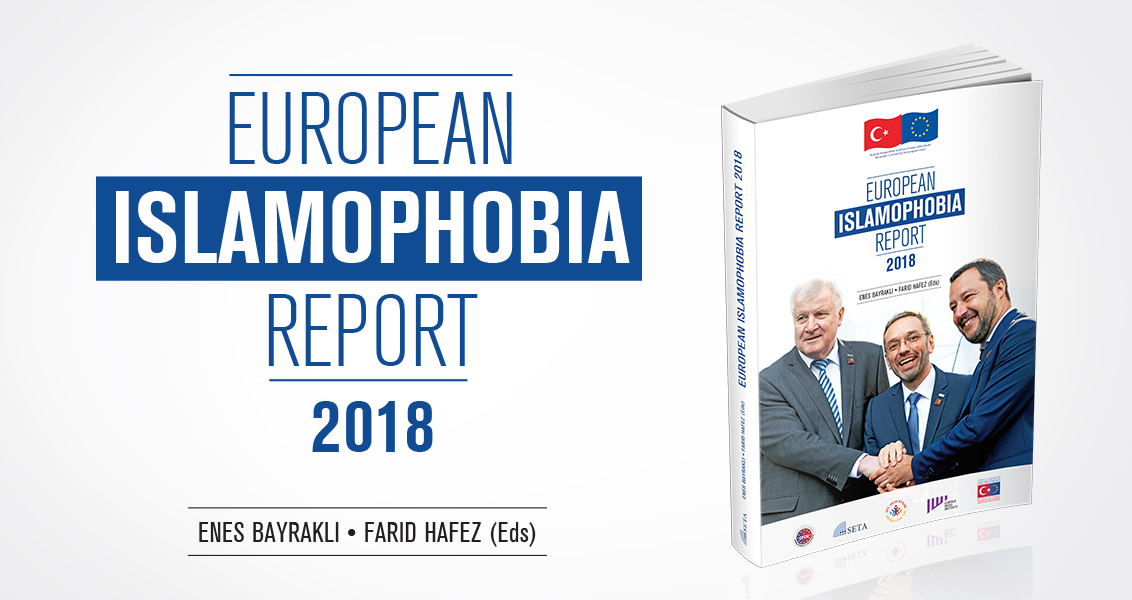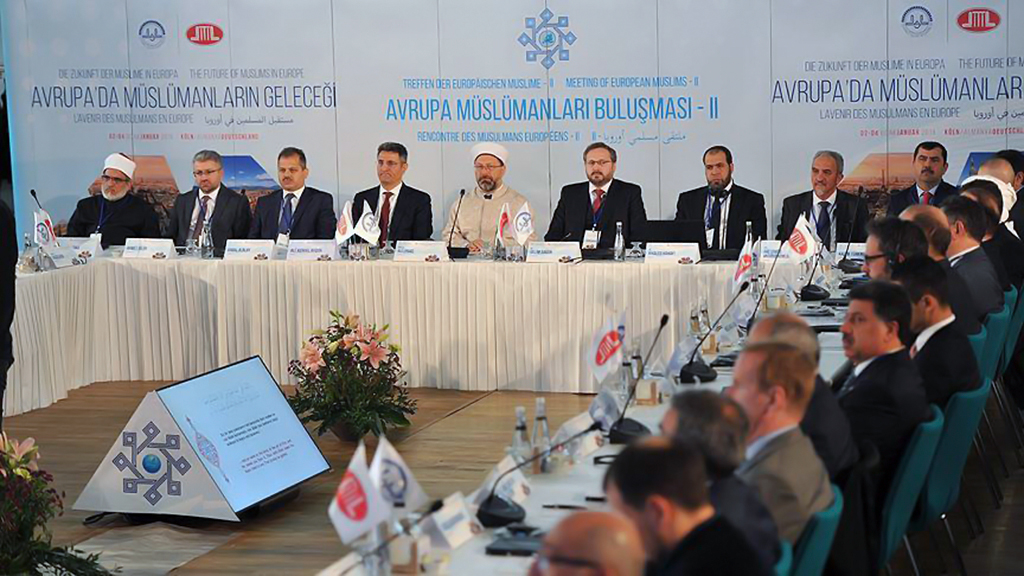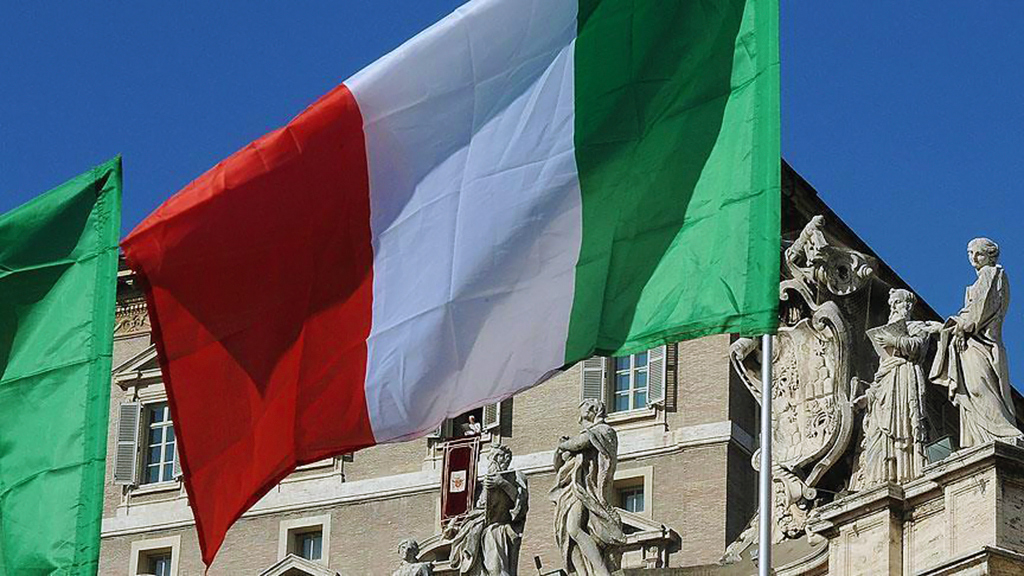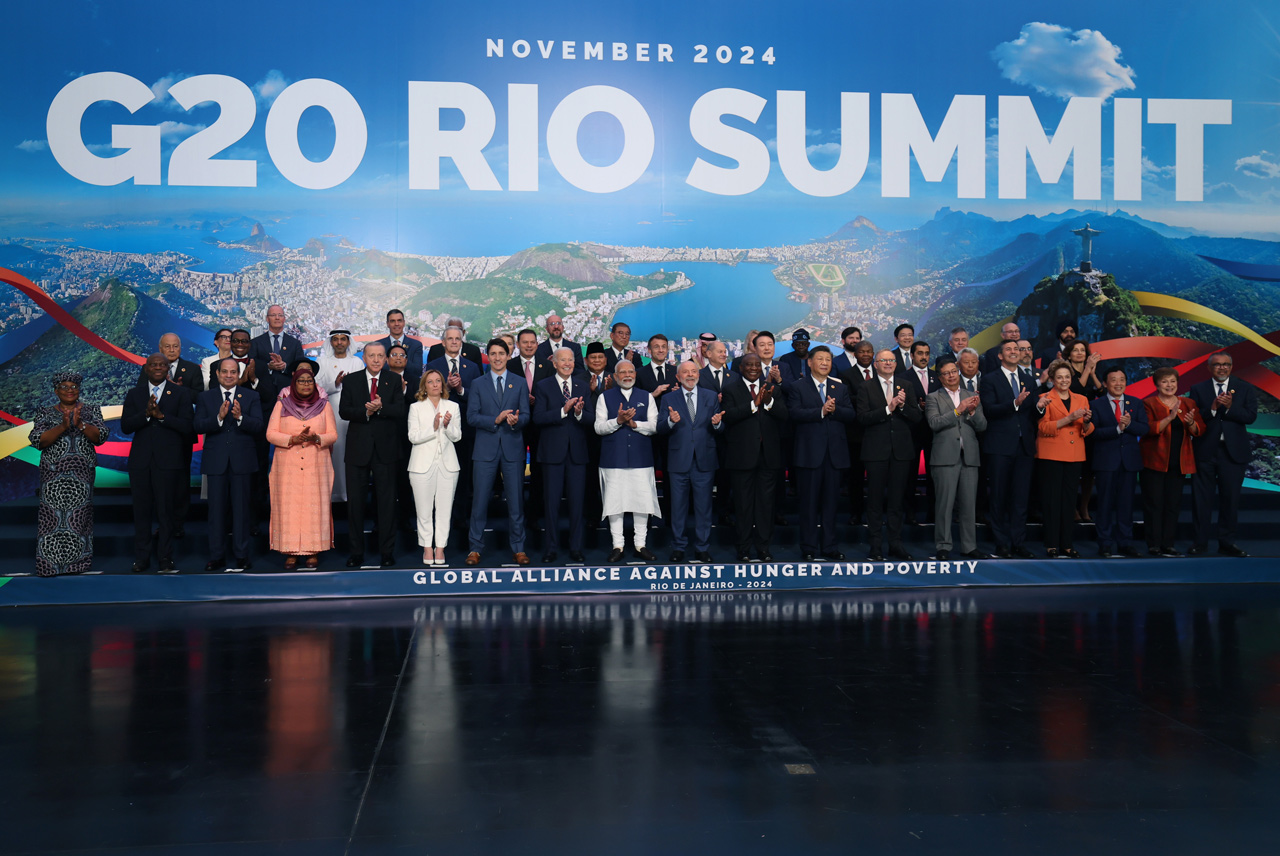Democracy is a contested concept. It is susceptible to many different articulations. Yet all these articulations share one basic idea: democracy is a form of political rule. It is a rule among equals, not between master and slave, or a sovereign and its subjects. It is therefore based on reason, not on power. The concept of political rule denotes that everybody is equally eligible to hold a public office, and power should be constrained so as to sustain the equality and freedom of the citizens. The former is a basic quality which a county must possess to pass as a democratic regime; the latter, however, is an indispensable characteristic of being a full-fledged democracy.
Turkey has achieved, to an extent, the former criterion. Indeed, the 13-years AK Party rule has lifted the semi-official barriers that had produced inequalities among Turkish citizens. Some citizens, especially those of Islamic and Kurdish identity, used to be less equal than others before the law. Their elevation to full citizenship has been accompanied by a wave of sociological equalization; as part of this wave, the large bulk of the lower classes has been upgraded to the middle class. Nevertheless, the second criterion, that of freedom, is yet to be carried out since a well-formed political system with a sound legal system, which is expected to constrain power, does not exist. The AK Party and its supporters highlight the fulfillment of the first criterion, the equalization of Turkish citizens. The opposition, on the other hand, insists that full democracy requires more. That is, the rule of law should be institutionalized in order to protect the rights of all citizens from the excesses of power.
[Politics Today, April 29, 2016]









